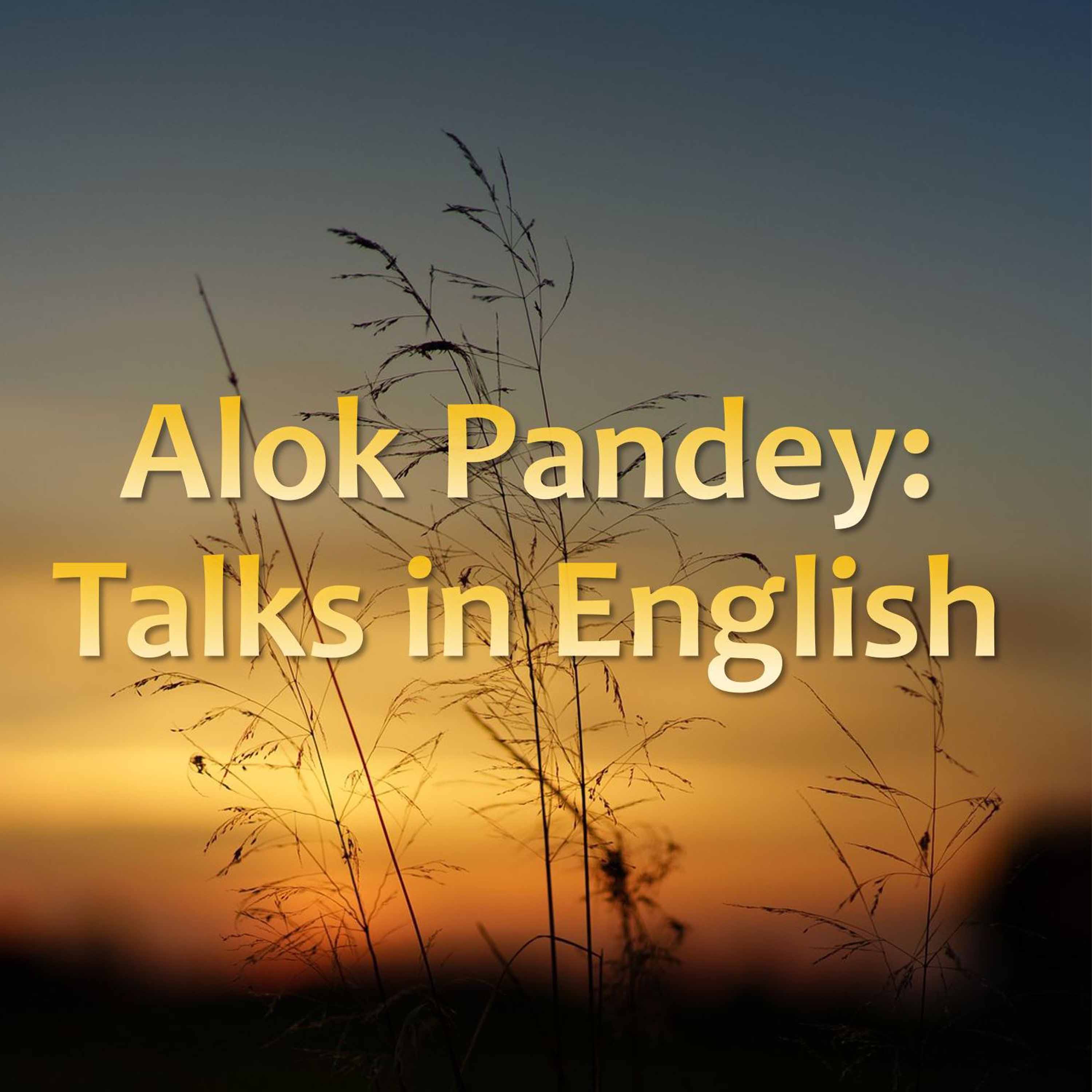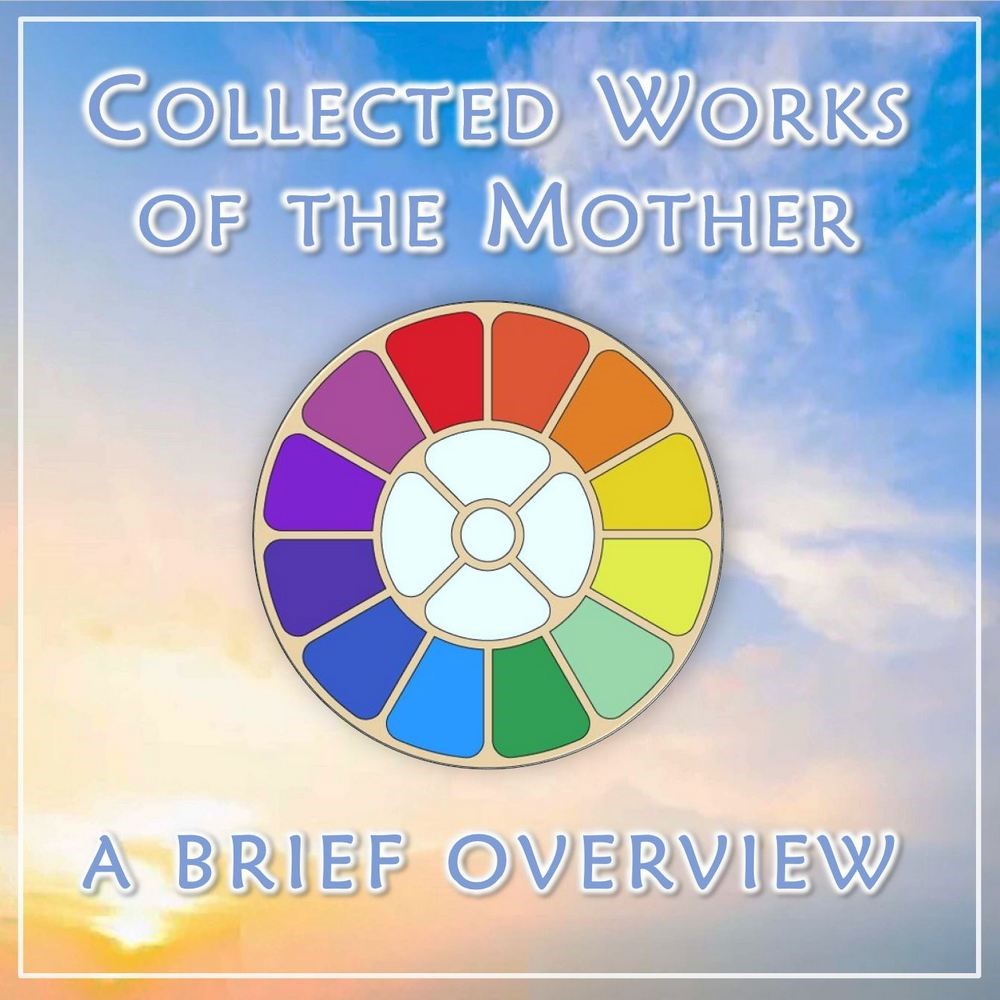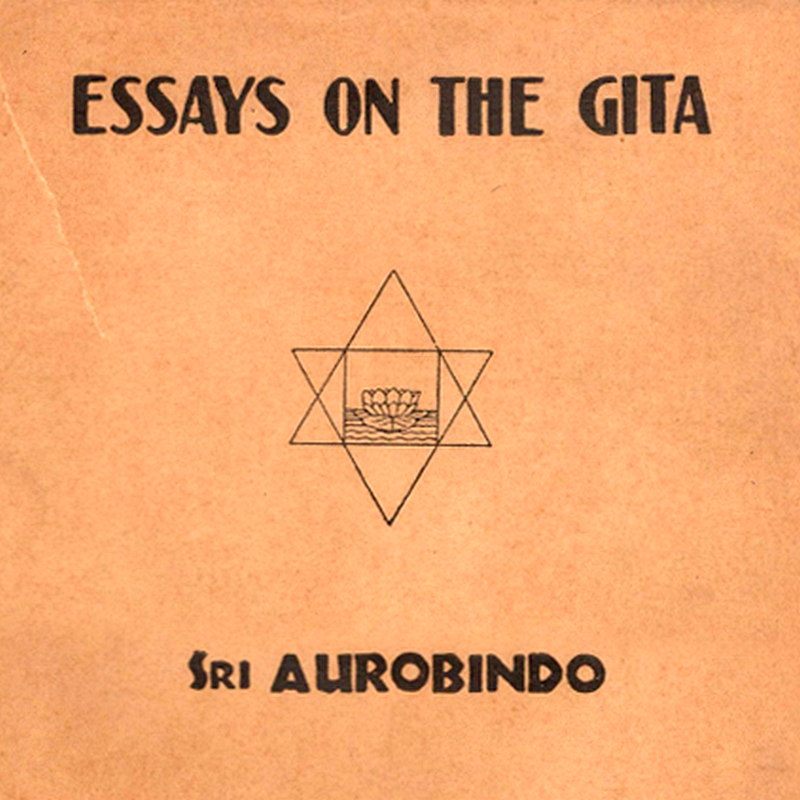Show Notes
A webinar on the concept of Akhand Bharat – an undivided Greater India.
The questions asked were:
– Is the unity in Akhand Bharat primarily cultural, spiritual, or political?
– Given today’s geopolitical conditions, what are the challenges and opportunities for fostering cooperation and unity among the nations of the subcontinent? How do geopolitical factors impact the concept of Akhand Bharat?
– How does the diverse demography of the region influence the idea of Akhand Bharat? Does the presence of different religious and ethnic groups pose challenges or opportunities for unity?
– How do changing mindsets among the younger generations impact how people perceive the concept of Akhand Bharat? What role does generational perspective play in this discussion?
– What is the relevance of cultural unity in power and geopolitics scenarios?
– Is Akhand Bharat possible only on historical and cultural backgrounds?
– Can we define or redefine the Akhand Bharat concept in the context of globalization?
– As Sri Aurobindo says, spiritual nationalism was essential during the national movement. Therefore, it was necessary to define Akand Bharat during those days, but today, how to situate the concept of Akand Bharat without a National Movement?
– Does the Akhand Bharat concept solve the problem in India, which has become a global problem like in Israel?
– How does the concept of Akhand Bharat accommodate Islamic countries, which are opposite to Indianness or Indian cultural heritage?





